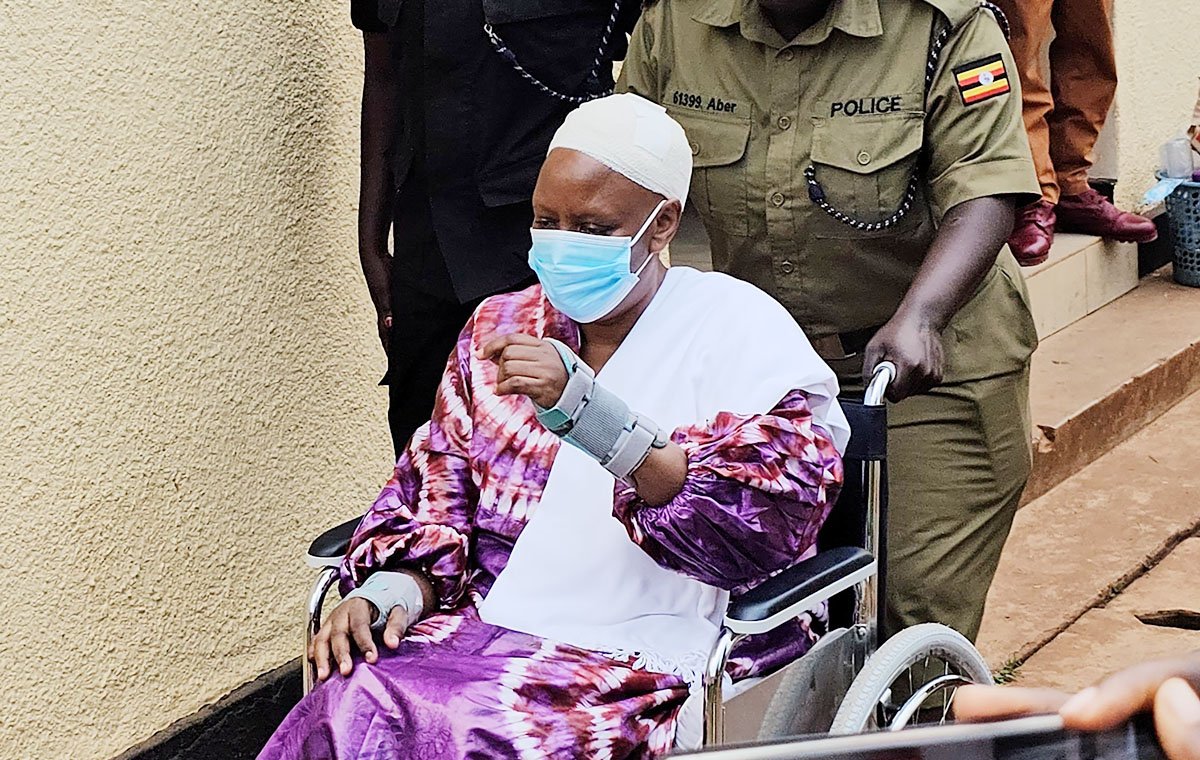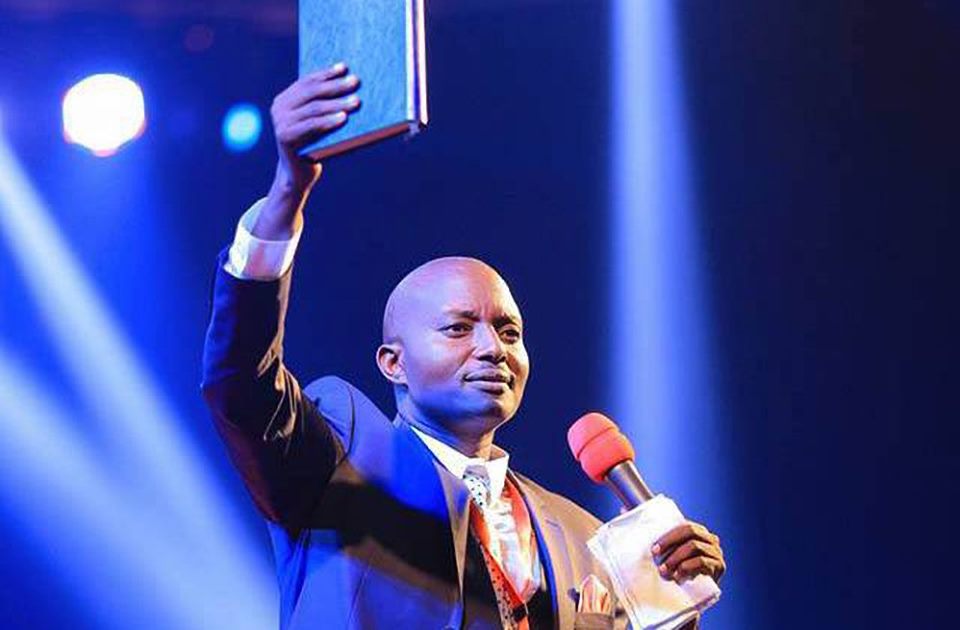President Yoweri Kaguta Museveni has hinted at having incomes generated from auctioning impounded cattle belonging to defiant migrant cattle keepers commonly referred to as balaalo be used for constructing schools in Northern Uganda.
Chief Justice Alfonse Owiny-Dollo Chigamoy said on Friday that he received a letter from the President revealing that some cattle keepers were already fleeing forceful eviction from the region leaving behind their cattle.
Justice Owiny-Dollo made the revelation while responding to questions from journalists on the update of the eviction of the cattle keepers from the Acholi Sub-region.
He was addressing journalists via Zoom on the upcoming Acholi Convocation slated for December 27-29th at Sir Samuel Baker Secondary School in Gulu City.
Justice Owiny-Dollo noted that the President in his letter revealed that the Chief of Defence Forces Gen. Wilson Mbadi had informed him of the readiness of the Fourth Infantry Division headquarters to commence eviction of the defiant cattle keepers.
The letter was also copied to the Vice President., Speaker of Parliament, Chief of Defence Forces, Prime Minister, Internal Affairs Minister, External Affairs Minister, Legislators from Acholi and West Nile, the Special Forces Command, and the Commander of the Air Force.
Owiny-Dollo said the President also disclosed that he would direct the army to confiscate cattle abandoned by fleeing cattle keepers so that they are auctioned.
According to Owiny-Dollo, the President proposed that the proceeds from auctioning the cattle will be used for building schools in the respective areas once the Attorney General gives a nod.
Justice Owiny-Dollo said as leaders from the region, they are making a follow-up on Presidential Executive Order No.3 of evicting balaalo cattle keepers to ensure it is implemented.
Museveni’s proposals come nearly two weeks after the ultimatum he issued to non-compliant cattle keepers to vacate North and Northeastern Uganda expired on November 24, 2023. The President had directed the cattle keepers in the region to provide water sources for their animals and establish strong fences which included four stands of barbed wire fence for cattle farms and chain link fences for sheep and goat farms.
Early this week, the joint security forces comprising the army and the police swung into action to kick off the eviction of the defiant cattle keepers in the Acholi Sub-region.
At least 257 herds of cattle belonging to non-compliant cattle keepers from two separate cattle farms in Awal-Aboro within Palaro Sub County in Gulu District were evicted on November 27.
Similarly, a total of 259 herds of cattle were evicted from five different cattle farms in the parishes of Pupwonya and Okidi in Atiak Sub- County, Amuru District on November 26 and are currently being held at a holding center at Unyama Bridge in Okidi Parish.
However, local leaders and security personnel have raised concerns over the reluctance of the evicted cattle farmers to relocate their cattle from the respective holding grounds in Atiak and Palaro Sub counties.
Kenneth Okot, the LCIII Chairperson of Atiak Town Council told Uganda Radio Network in an interview Saturday that five individuals evicted from the greater Atiak Sub-County have deliberately refused to pick their cattle from the holding grounds.
He also notes that while there are still about 100 non-compliant cattle farms in the greater Atiak Sub-County, they are unable to carry out eviction due to a lack of logistical support from the government.
Cosmas Okidi, the Acting Resident District Commissioner Gulu during a Radio Talk show in Gulu City Saturday equally notes that they are stuck with over 200 herds of confiscated cattle from non-compliant cattle keepers.
Okidi says while one of the cattle keepers has agreed to sell off his animals, another has deliberately refused to pick them up from the holding ground for transportation out of the region a move he says has crippled the eviction implementation.
Last month, State Minister for Northern Uganda Rehabilitation, Grace Freedom Kwiyucwiny revealed that about 80,000 herds of cattle in northern Uganda belong to non-compliant migrant cattle keepers who haven’t fenced their land, had adequate grazing land, and provided water sources.
















